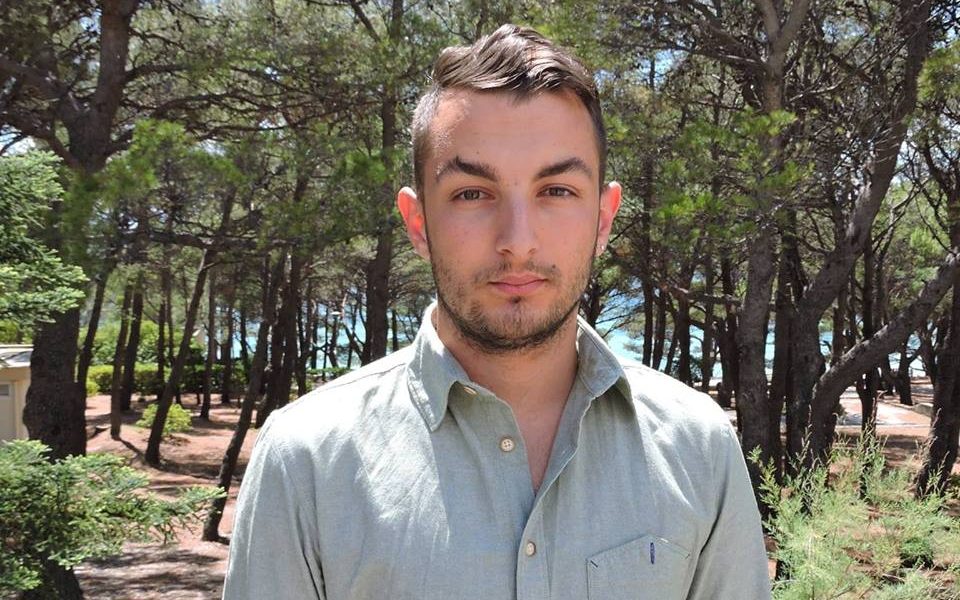How has the multi-annual, traditional lifestyle become an ideal? There are stories about past times in Bosnia that used to be better, everyone lived together in peace and respected one another, people visited one another during Eid-Al-Fitr and Christmas celebrations, people used to socialise all night long and it did not matter what name one had. The only relevant determinant of the human identity was what kind of a person one was and nothing else. Peace and love everywhere, neighbours that visited and helped one another, people singing, celebrating, going to the seaside. The focus of life was on socialising, coexistence and we were not burdened by questions such as who was who, etc.
I do not think that it is necessary to describe in more detail this period that has already become a myth, a period that our parents lived; we hear stories about it on a daily basis, although we ourselves live in the shade of those happy times. It is not about Yugoslavia and the former system, this is about a common person and their life that was not burdened by post-war trauma and depression or overshadowed by fear due to continuous rattling of imaginary weapons against everyone who does not belong to the tribe.
A life where people were people, united in their diversity, tolerant, with a rich culture and tradition – is the life that some unbiased intellectuals call THE BOSNIAN IDEAL.
When have we stopped being good hosts, why have we renounced coexistence or when have we stopped serving an additional cup of coffee? It is truly difficult to even identify the moment in which we stopped being people and became shadows, fragile and in danger, continuously afraid of everything that is radiant.
I would understand, if today all great Bosniaks were rich and living well, I would understand if all great Croats were well-educated and progressive, it would be clear to me if all great Serbs led a fairytale life. In such a case I would understand why we left behind a lifestyle that was healthy in every respect and became divided based on colours, based on quasi-ethnicity, and why everyone turned to their corral and their national leader, shepherd (I apologise to shepherds).
It is true that we all got new primary determinants of our previously human identity, today, we are B, C or S, we replaced friends by enemies, we trampled on coexistence and tolerance in order to remain eternally afraid, we destroy good neighbourly relations through tensions, we count victims and rejoice over those that have more of them. We turned into poor slobs, rancorous low-lives that have no other choice but to spit on everything. The sense of community has been banned and replaced by demons of the jeopardised vital national interest. What is good, is no longer good, because it is not ours, but rather theirs; any progress has its own value, general good is our general good and their general good. Will we get tired of the nationalist pseudo-ideology? There is a partition that is keeping us separated, divided and armed, while behind the partition, our great leaders are getting rich, respect and appreciate one another in an almost family-like idyll, creating propaganda and rhetoric of fear and hatred. They created a space with flourishing dissatisfaction, children are born indebted, young people are leaving, the elderly are hungry, and in the news, we hear that the number of hundred thousand promised jobs has almost been reached. We sold our soul for a flag, actually for a pennant.
Tarik Čalkić, 24 years old, from Gornji Vakuf Uskoplje, holds MA in Communications / Journalism, is a volunteer at the Youth Centre Gornji Vakuf Uskoplje, an activist and peace activist.




